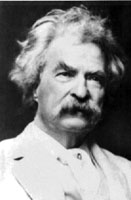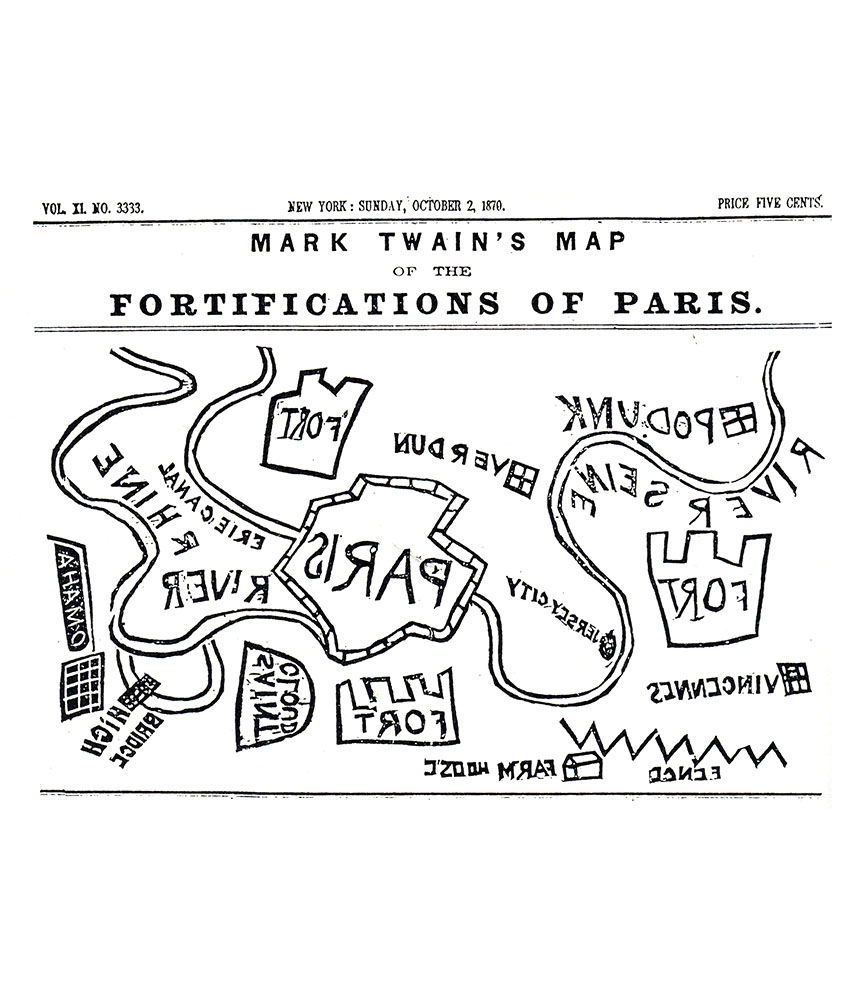Nowadays, we usually take in written language by reading it silently. This was not always the case. For thousands of years after the invention of writing, texts were normally decoded by reading aloud: a considerable help in puzzling out the meaning of a continuous scribble without punctuation, even without spaces between the words. Indeed, the earliest form of punctuation was a system of marks for use by the professional orators who recited texts aloud at public readings. The marks, distant ancestors of the comma, period, and semicolon, indicated where the reader should take a short pause for breath, a longer pause to indicate the end of a sentence, or a pause of intermediate length for clarity or emphasis. The earliest unambiguous mention of silent reading comes from the fifth century, when St. Augustine remarks in amazement on the prodigious skill of his contemporary, St. Ambrose:
When he read, his eyes scanned the page and his heart sought out the meaning, but his voice was silent and his tongue was still. Anyone could approach him freely and guests were not commonly announced, so that often, when we came to visit him, we found him reading like this in silence, for he never read aloud.
It was several hundred years later still that silent reading became normal in the Western world. To this day, when we read, we normally perform a live mental translation of the text into spoken language. Most people, when reading stories for pleasure, and especially when reading dialogue, put the text through this process of purely mental subvocalization; sometimes it even spills over into physical subvocalization, and the lips actually move. This happens above all with poetry, in which the sound and rhythm of the words are nearly always of cardinal importance. The most effective poetry can tempt us to read aloud, even if we have nobody to read to but ourselves, in the good old-fashioned way that every kind of text was read before St. Ambrose’s remarkable innovation. At the other extreme, some kinds of technical writing, such as mathematical equations or chemical formulae, cannot be translated adequately into spoken language, and we receive those in unrelieved silence.










Recent Comments